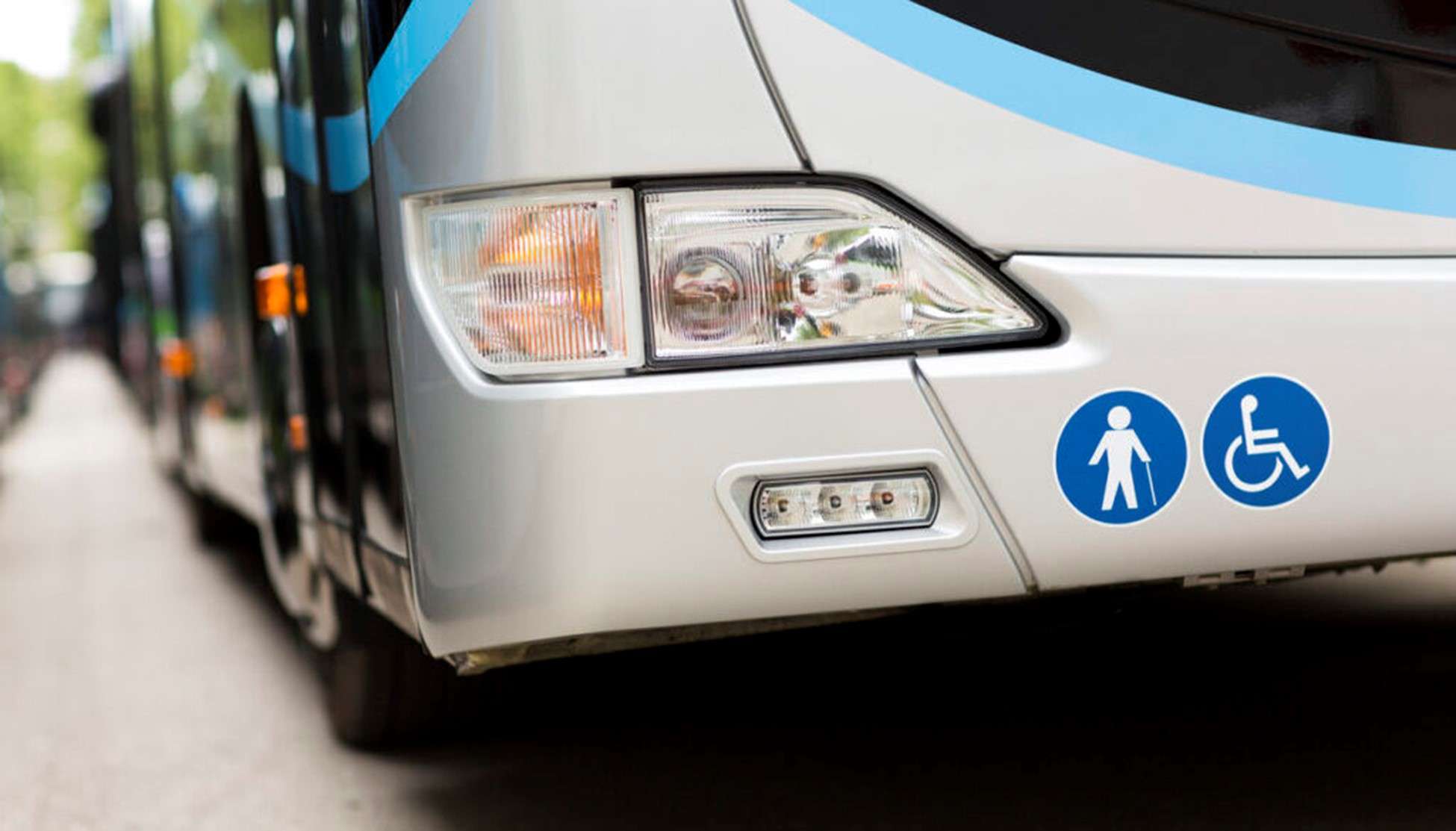
Have you ever heard the term “universal design”? Simply put, universal design guides the creations of products, services, and environments that meet ALL peoples’ needs, regardless of their age, size, gender, ethnicity, ability, or disability. There is the misconception that universal design is design that is adapted to support the special needs of people with disabilities, but it is much more than that. Universal design ensures anyone and everyone who wishes to use an infrastructure facility, product, or service, has the possibility to do so, to their maximum extent; it is the optimal design to promote an equitable and inclusive society that advocates for committed and sustainable socio-economic development.
Aus4Transport, the transport infrastructure initiative of the Australian Government in Vietnam, implemented by DT Global, is introducing, through its partnership with the Vietnamese Ministry of Transport, the concept of universal design. Through this initiative, our team is providing valuable assistance on the long-anticipated development of an accessible public transport network in Vietnam.
Through the activity Building Capacities for Transport Authorities to Enhance a Universally Accessible Public Transport Network (ATS), Aus4Transport is supporting the Transport Development and Strategy Institute (TDSI) in their efforts to change attitudes and assist local transport agencies to plan and design universally accessible transport infrastructure.
The ATS activity kicked off in January 2021 and concluded its initial phase last June. The first stage consisted of assessing the degree to which existing Vietnamese laws and regulations on accessible transport are being implemented in the four provinces/cities of Hai Phong, Hue, Tein Giang, and Can Tho. During the first two weeks of April, the activity team conducted extensive data collection, which included consultation with civil society and local authorities and a site survey. The purpose of the research was to analyze the current condition of universally accessible public transport and identify existing difficulties and obstacles.
Unfortunately, the findings of the survey indicate that, despite Vietnam’s comprehensive body of legislation to ensure the right of every citizen to access public transportation, the implementation of these regulations is behind schedule. The survey further revealed that, more often than not, urban road networks, bus stops, and interprovincial bus and railways stations do not meet the minimum requirements stipulated by Vietnamese law.
The Law on Persons with Disabilities (2010) defines rights and obligations and assigns responsibility to the State, family, and society to ensure Persons with Disabilities can exercise their rights and participate in society on an equal basis. The law requires that the design, construction, and renovation of public facilities (including public transport infrastructure) must ensure accessibility for all. To support accessibility for persons with disabilities in public transport, all doors, lifts, seats, restrooms, parking spaces, sidewalks, and warning signs must comply with specific universal accessibility-compliant specifications.
Despite the efforts of the Vietnamese Government, the understanding of these regulations across the transport sector is still limited and the resources to implement them are scarce. To address this challenge, the ATS activity is building capacity to assist transport agencies in the effective implementation of transport accessibility laws and regulations, and to recommend improvements to ensure application of best practices.
The research undertaken by the Aus4Transport team is one of the first of its kind in Vietnam. It highlights the need to provide support to the local transport authorities to assist them in reaching the goals set by the Vietnamese Government to ensure an inclusive and sustainable transport network for ALL citizens.
After having finished the consultation and site survey, the next stages of the activity will focus on developing training material, delivering workshops to local authorities and civil society, establishing clear guidelines to facilitate the implementation of regulations, and funding the design of three universal design concepts and features.
Aus4Transport is proud to partner with the Ministry of Transport and TDSI to add to the efforts of the Vietnamese Government to create opportunities in education, employment, health care, and housing, contributing to sustainable economic development and poverty reduction across Vietnam.